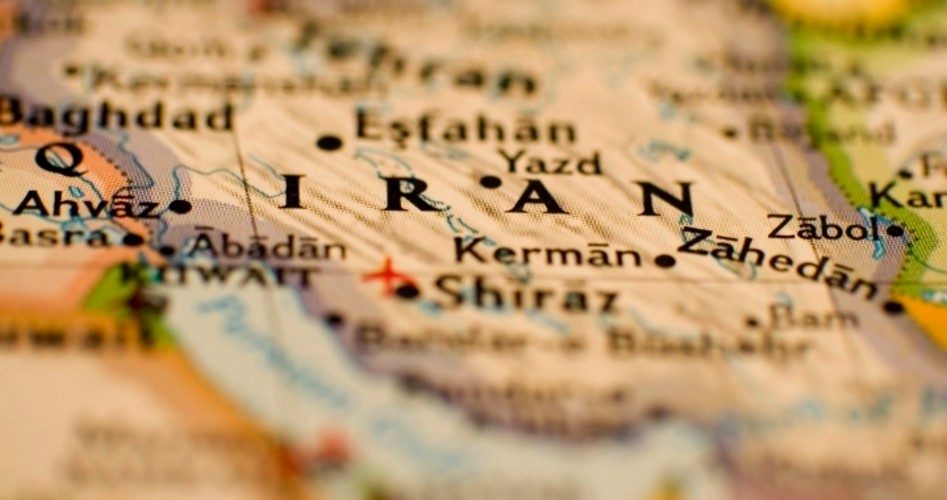
A panel of former U.S. government officials and outside experts has concluded in a new report that economic sanctions against Iran may be backfiring. The report, released April 17, urges President Obama to reconsider penalties that have created economic havoc for the Iranian people, leading to a devalued currency and soaring inflation, but have failed to slow the progress of the government’s nuclear program. Rather, the sanctions have “contributed to an increase in repression and corruption within Iran” and “may be sowing the seeds of long-term alienation between the Iranian people and the United States,” according to the report issued by the Iran Project.
The panel includes a number of former top-level officials from various branches of the U.S. government, including Thomas R. Pickering, a former high-ranking career diplomat with the State Department, and former Congressman Lee Hamilton, a Democrat from Indiana who chaired both the House Foreign Affairs and Intelligence committees and is currently a member of the President’s Homeland Security Advisory Council. Others include former Senate Foreign Relations Committee chairman Richard Lugar, a Republican from Indiana, Ryan Crocker, former ambassador to both Iraq and Afghanistan, and Anne-Marie Slaughter, director of policy planning in Obama’s first term.
“I fundamentally believe that the balance between sanctions and diplomacy has been misaligned,” Pickering said in an interview with the New York Times. Though the report made no mention of the cyberwar that the United States has been waging against Iran in an effort to disrupt its nuclear program, Pickering told the Times it is one of the things the president should review in an effort to “stop anything that is peripheral, that is not buying us much time” in slowing or deterring Iran. The United States has continued its cyberwar against Iran despite a Pentagon warning that computer sabotage by another country against the United States may be taken as an act of war.
Fears of an Iranian nuclear weapon predate the Islamic Revolution of 1979, going back even to the days when the Shah of Iran was buying nuclear reactors from the United States, France, and West Germany. But Iran became a focal point in the “war on terror” when President George W. Bush linked the Persian Gulf nation with Iraq and North Korea in warning against the “axis of evil” in his State of the Union address in 2002, four months after the September 11 terrorist attacks on the United States. The Tehran government, which the United States has identified as a state sponsor of terrorism, has continued to insist that its development of nuclear power is for peaceful purposes, including energy production and the creation of medical isotopes. A National Intelligence Estimate report in 2007, based on reports from all 16 U.S. intelligence agencies, concluded with “high confidence” that Iran had abandoned its nuclear weapons program in 2003. NIE reports in 2010 and 2012 found no evidence for concluding that Iran is developing nuclear weapons.
Congress, nonetheless, is urging the Obama administration to put a strict time limit on negotiations with Iran and to go beyond financial and oil sanctions. Obama has refused to rule out military action and Israel has argued that stalling by Iran in the most recent round of talks is further evidence that the Tehran regime is playing for time as it expands its nuclear enrichment capacity.
State Department spokeswoman Jen Psaki told the Times the administration believes “a dual track approach of rigorous sanctions and serious negotiations is the right approach. However, the onus is on Iran to take the next steps and move the process forward.”


